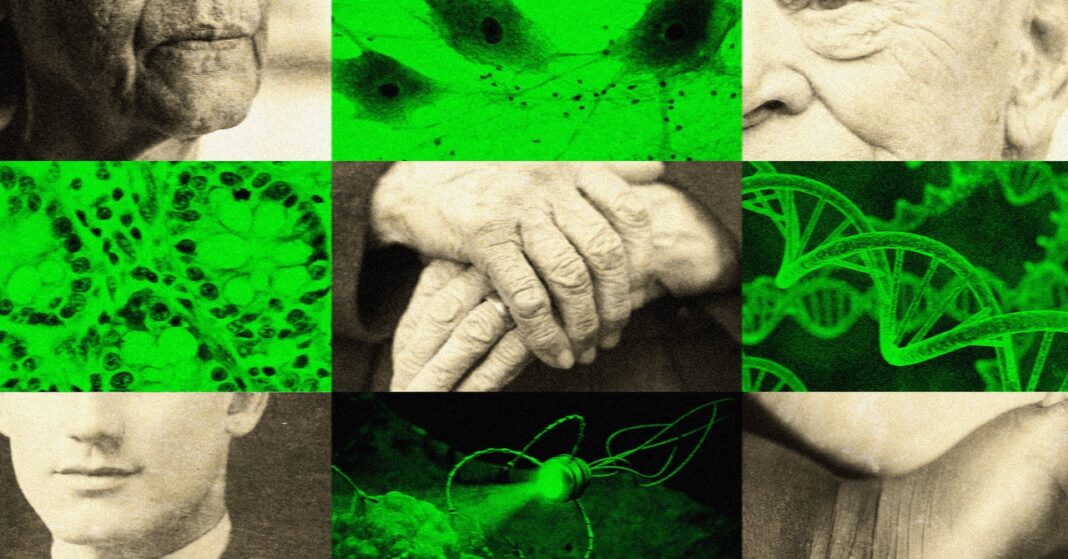In Short:
Many people resist the idea of extending life, but improving it is the driving force behind medical nanorobots, made of diamondoid for durability. Nanobots the size of cells could improve organ performance, maintain health, and optimize hormone levels. By working at the cellular level, nanobots could potentially extend life by reducing the need for sleep and enhancing overall well-being, potentially adding years to life.
Life Extension through Nanotechnology: A Possibility?
Conversations about extending human life have often been met with resistance, despite the desire to prevent premature deaths caused by disease. People are hesitant about the idea of indefinitely prolonging life, citing the challenges and complexities associated with it. However, the prospect of enhancing and extending life through advancements in nanotechnology offers a different perspective.
The Role of Nanorobots in Life Extension
The use of medical nanorobots, built from diamondoid components and equipped with various functionalities such as sensors, manipulators, and computers, holds the key to achieving longevity. Nanobots are not envisioned as miniature submarines navigating through the bloodstream but rather as sophisticated devices designed to operate at the nanoscale.
Challenges and Solutions for Nanobots
At the nanoscale, nanobots face challenges such as fluid dynamics and energy limitations. The design of nanobots must account for these factors by incorporating efficient propulsion mechanisms and the ability to draw energy from their environment. By leveraging advanced technology, nanobots can perform a wide range of tasks to maintain bodily functions and combat health issues.
Potential Benefits of Nanobots
Nanobots have the potential to enhance organ performance, regulate substance levels in the body, and optimize hormone production. By fine-tuning biological processes, nanobots can improve energy levels, cognitive function, and overall well-being. Moreover, the ability to augment or replace organs with nanobots opens up new possibilities for extending human life.





